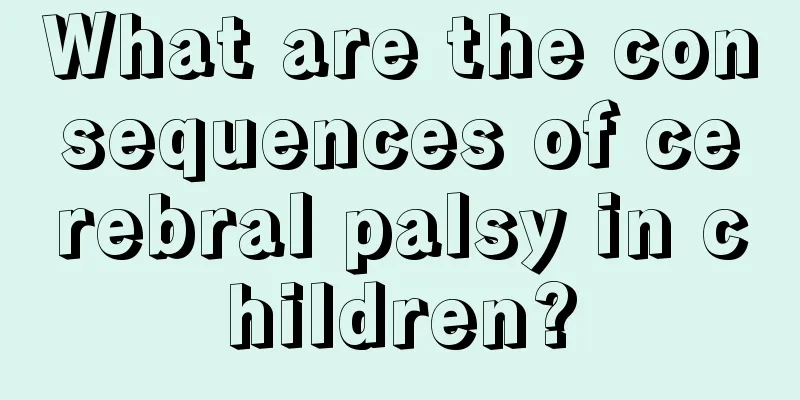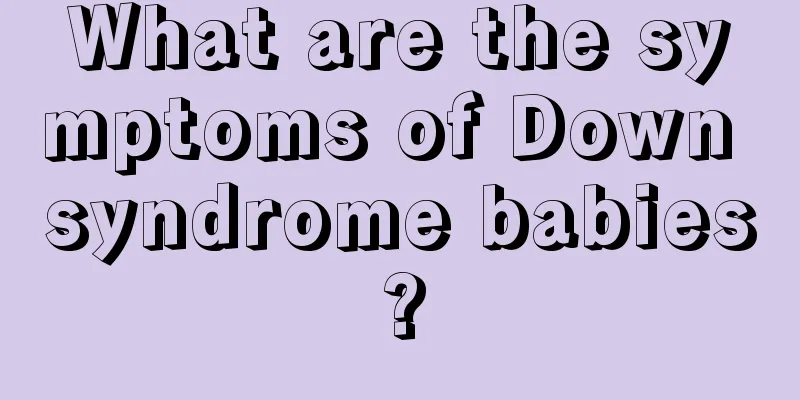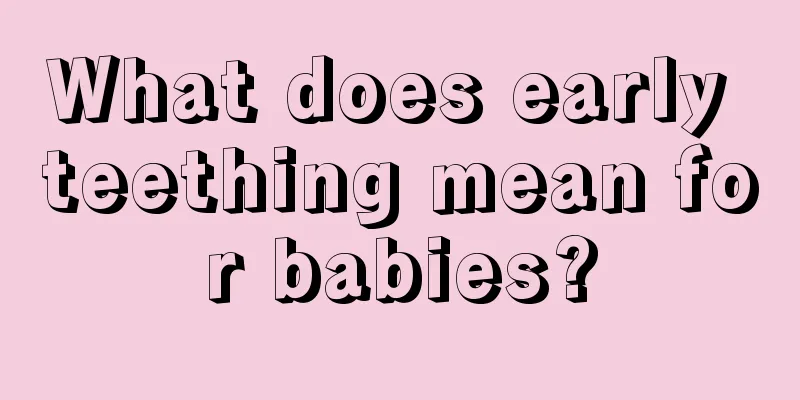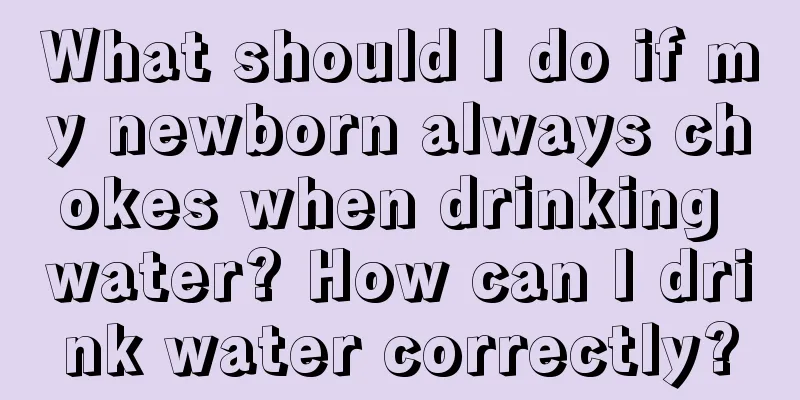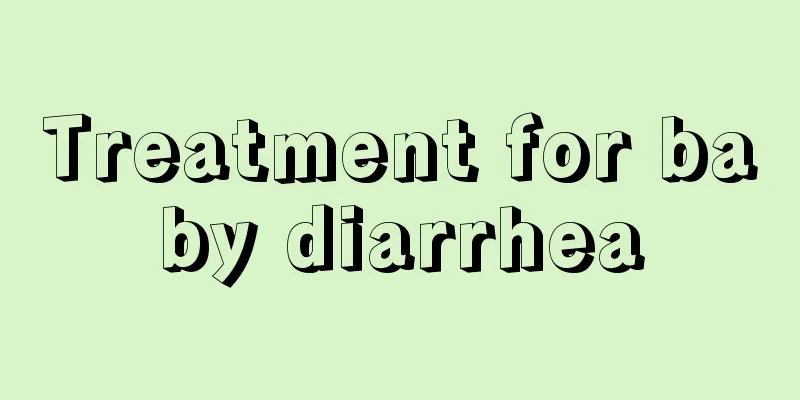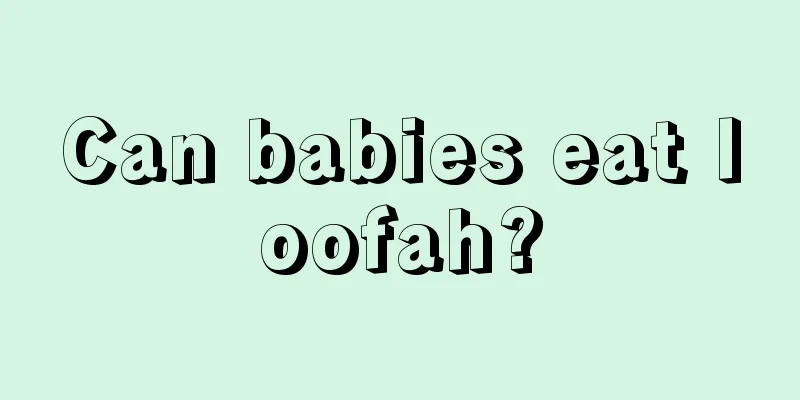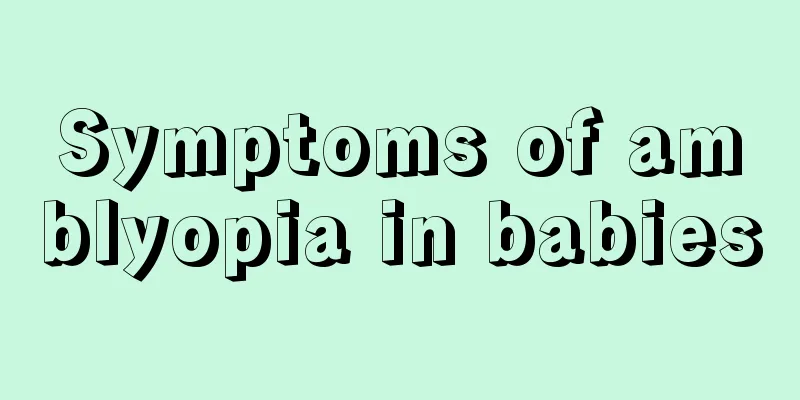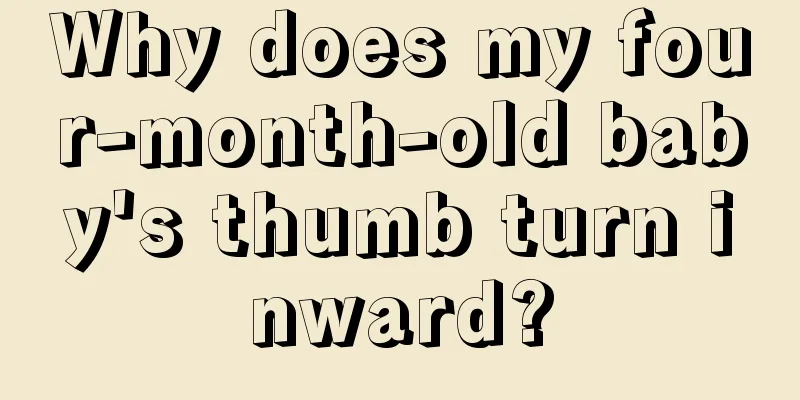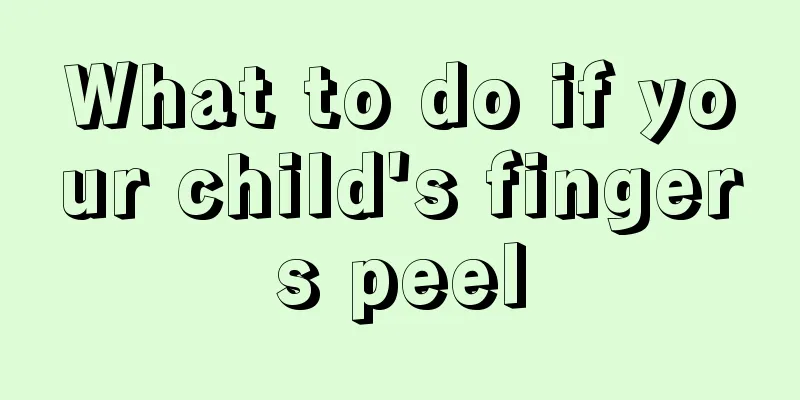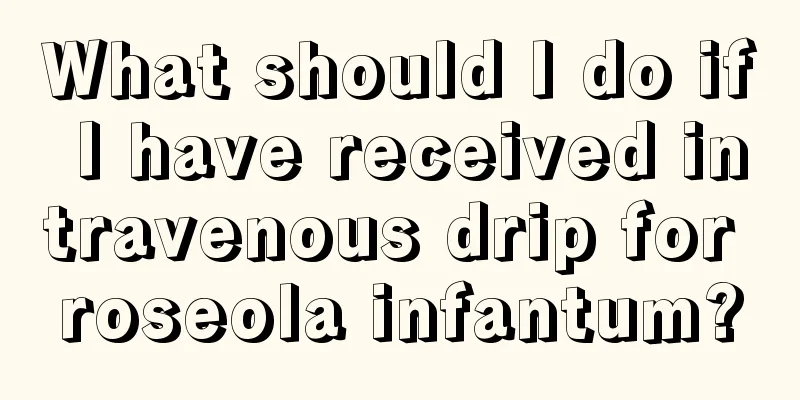Harmful symptoms of eating too much salt in babies
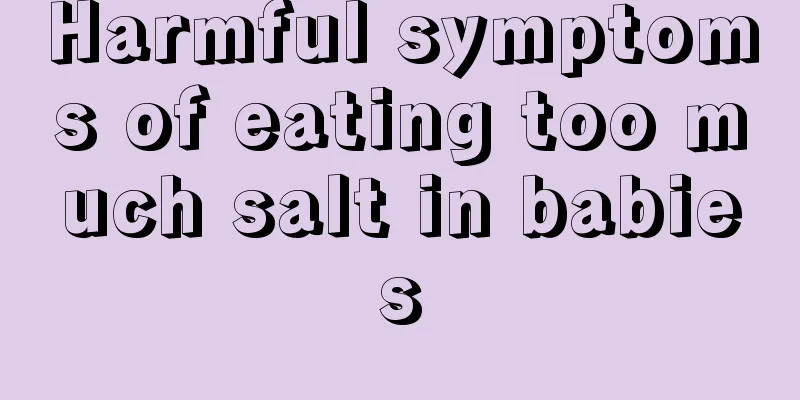
|
Salt is a necessary condiment in life and we usually consume it appropriately. However, for infants, we must be careful about their salt intake and never eat salt too early. If parents are not careful in this regard, it will often lead to some harm. For example, it may increase the burden on the child's heart, easily induce edema, and cause high blood pressure, which has a greater impact on the child's kidneys. Harmful symptoms of eating too much salt in babies Salt is an element that the human body must consume every day. When babies start eating complementary foods, many mothers will ask whether salt should be added to the baby's complementary foods? In fact, the baby's digestive organs are not fully developed, and it is harmful for the baby to eat salt too early. 1. Eating salt too early It will harm his kidneys. Babies need less than 1 gram of salt per day within 6 months, which is usually obtained from breast milk or formula milk. It will affect kidney health, increase the burden on the heart, and cause edema, high blood pressure, etc. 2. Eating too much salt Babies are prone to catching colds and their resistance is very weak. Eating salt will cause the baby to secrete too little saliva, causing bacteria to attach to the baby's respiratory tract. At the same time, salt has an osmotic effect, which can kill normal bacteria, allowing pathogens to take the opportunity to "make trouble" and cause upper respiratory tract infections. 3. Improper salt intake It is easy to make the sodium ion concentration in the body too high, affecting the absorption of calcium, hindering the baby from becoming a "long-legged Oppa" and affecting the height. How old can babies eat salt? When babies are ready to eat complementary foods, can they eat salt? Mothers always want to make their baby's complementary foods taste better and want to add salt seasoning to the complementary foods. Is this really good? In fact, babies under 1 year old should not eat salt. Usually the salt they need is obtained from breast milk. When the baby reaches one year old, the mother can add iodized salt to the complementary food appropriately, if possible, the baby can eat salt-free food. When the baby is between 1 and 3 years old, the salt intake should be limited to less than 1 gram per day to avoid excessive salt intake that may affect the baby's health. What to do if your baby eats too much salt As a first-time mother, I don’t know much about my baby’s diet. Babies cannot eat salt before they are one year old, and then you can add a small amount of salt to the complementary food. If the mother does not understand, what should she do if the baby eats too much salt? If babies eat too much salt, it will cause great harm to their kidneys and is very bad for their health. If you find that your baby is consuming too much, you can take the baby to the hospital for examination and consult a doctor. But please note that if your baby eats too much salt, it does not mean that he can eliminate salt from his diet in the future. You just need to reduce the amount of salt he eats. At the same time, eat less hidden salt, especially those salty snacks, potato chips and puffed foods that babies like to eat. |
<<: How long can a newborn baby be exposed to the sun?
Recommend
Will babies get angry if they drink milk?
We all know that milk is rich in nutritional valu...
What are the changes in the baby's developmental indicators at 19 months
The developmental indicators of a 19-month-old ba...
Why does a child have a runny nose after having a fever?
Children and the elderly who are physically weak ...
DPT vaccine arm swelling
The pertussis vaccine is a relatively common type...
Why does a child cough when lying down?
If a child gets sick with a cold, he or she may h...
What should I do if my child has a stomachache in the middle of the night?
Because children's physical development is no...
What are the tests for ADHD in children?
ADHD is a common chronic disease in children, but...
How can I improve my child's slurred speech?
Many parents who are taking care of children have...
How to correct a child’s stuttering?
Some parents have found that their children have ...
What to do if children have weak memory
Children's memory is generally low. Some chil...
How many months does a child start talking?
With the development of society, more and more pa...
Symptoms of nasal hypertrophy in children
Children’s health is the most important issue for...
What medicine should children take after fever and cough
Since children have weaker immunity than adults, ...
Why do babies like to bite their lower lips?
We adults all know that a baby bites his or her l...
Is it normal for a newborn to poop all the time?
We all know that after a newborn is born, their g...
